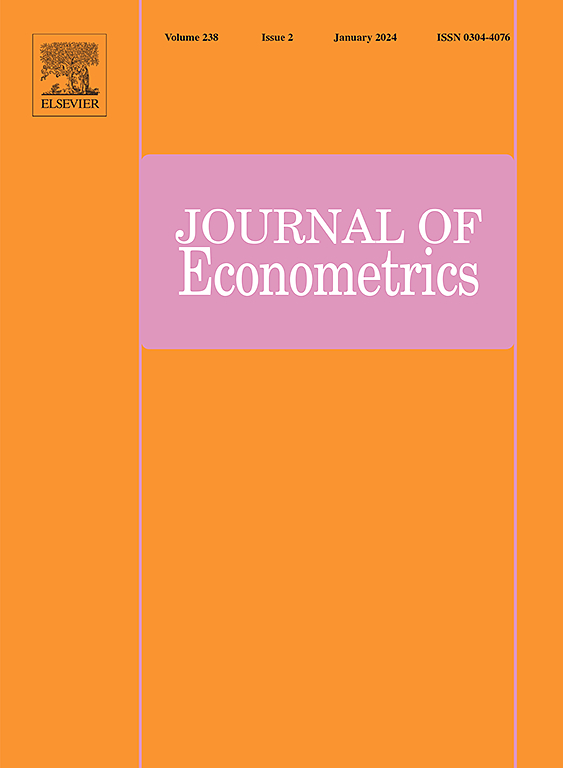由人工智能驱动的享乐价格和质量调整价格指数
IF 4
3区 经济学
Q1 ECONOMICS
引用次数: 0
摘要
我们开发了经验模型,有效地处理大量非结构化产品数据(文本、图像、价格、数量),以产生准确的享乐价格估计和衍生指数。为了实现这一点,我们使用深度神经网络从描述和图像中生成抽象的产品属性(或“特征”)。然后使用这些属性来估计享乐价格函数。为了证明这种方法的有效性,我们将模型应用于亚马逊的第一方服装销售数据,并估计享乐价格。所得模型具有非常高的样本外预测精度,R2范围从80%到90%。最后,我们构建了基于人工智能的hedonic Fisher价格指数,并将其与CPI和其他电子指数进行对比。本文章由计算机程序翻译,如有差异,请以英文原文为准。
Hedonic prices and quality adjusted price indices powered by AI
We develop empirical models that efficiently process large amounts of unstructured product data (text, images, prices, quantities) to produce accurate hedonic price estimates and derived indices. To achieve this, we generate abstract product attributes (or “features”) from descriptions and images using deep neural networks. These attributes are then used to estimate the hedonic price function. To demonstrate the effectiveness of this approach, we apply the models to Amazon’s data for first-party apparel sales, and estimate hedonic prices. The resulting models have a very high out-of-sample predictive accuracy, with ranging from 80% to 90%. Finally, we construct the AI-based hedonic Fisher price index, chained at the year-over-year frequency, and contrast it with the CPI and other electronic indices.
求助全文
通过发布文献求助,成功后即可免费获取论文全文。
去求助
来源期刊

Journal of Econometrics
社会科学-数学跨学科应用
CiteScore
8.60
自引率
1.60%
发文量
220
审稿时长
3-8 weeks
期刊介绍:
The Journal of Econometrics serves as an outlet for important, high quality, new research in both theoretical and applied econometrics. The scope of the Journal includes papers dealing with identification, estimation, testing, decision, and prediction issues encountered in economic research. Classical Bayesian statistics, and machine learning methods, are decidedly within the range of the Journal''s interests. The Annals of Econometrics is a supplement to the Journal of Econometrics.
 求助内容:
求助内容: 应助结果提醒方式:
应助结果提醒方式:


